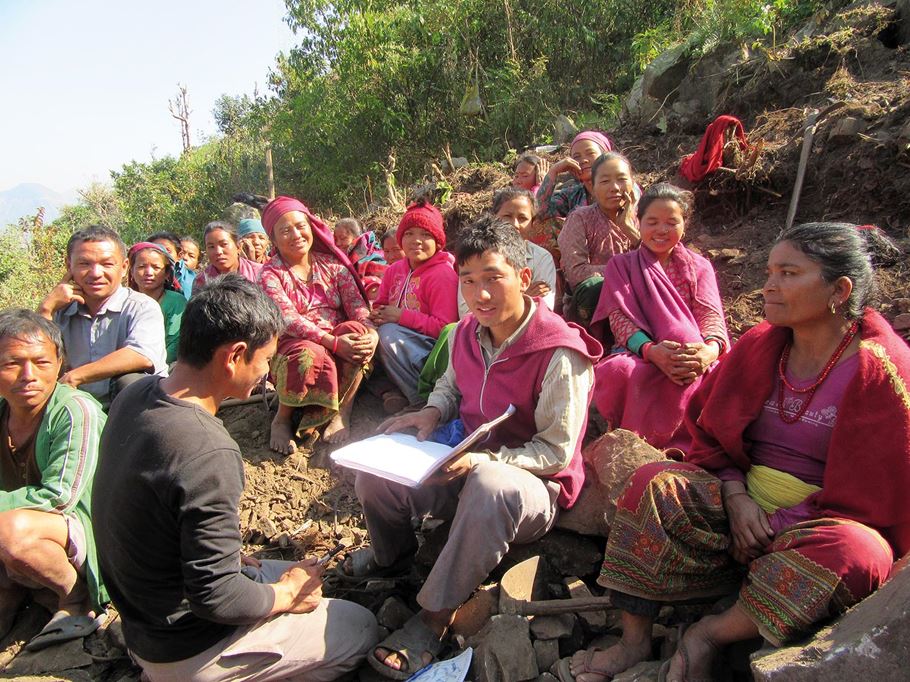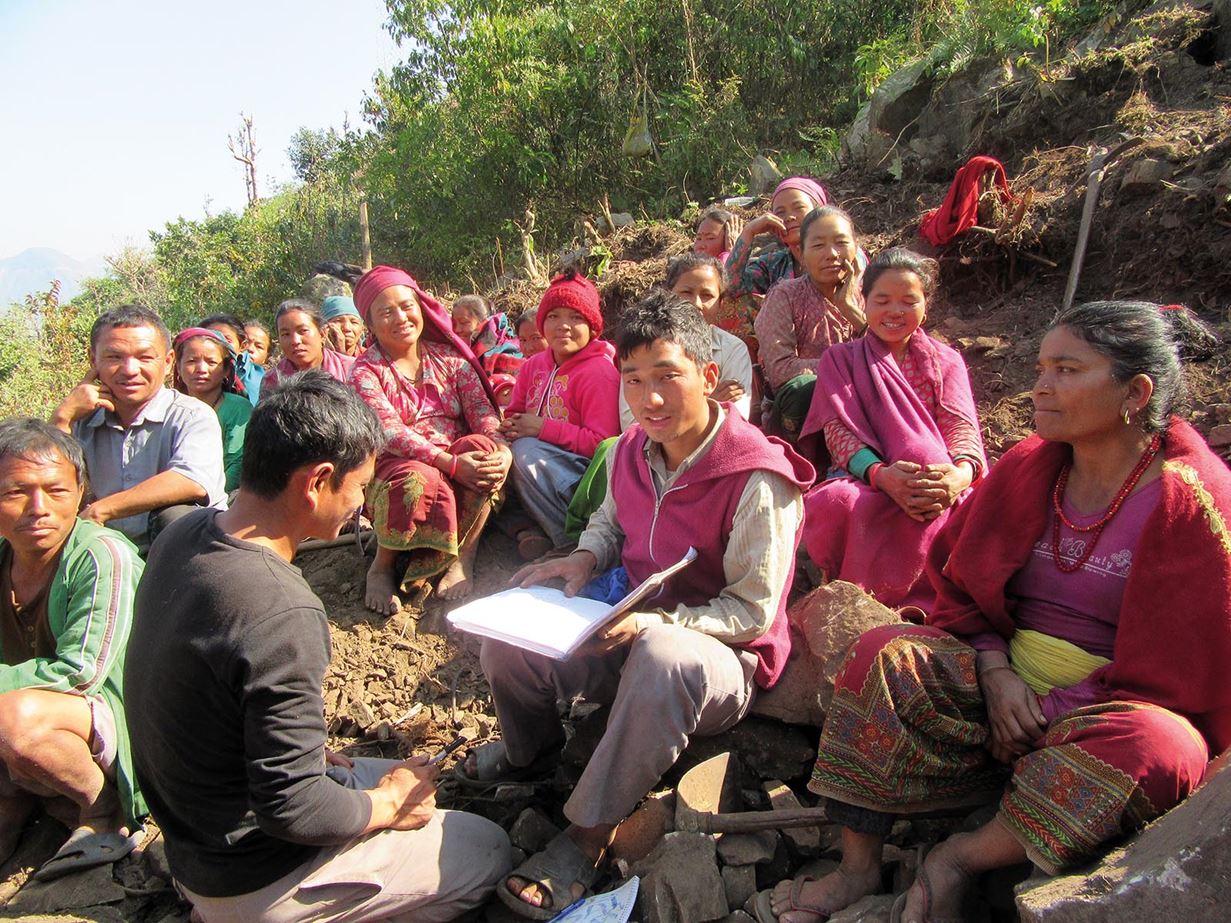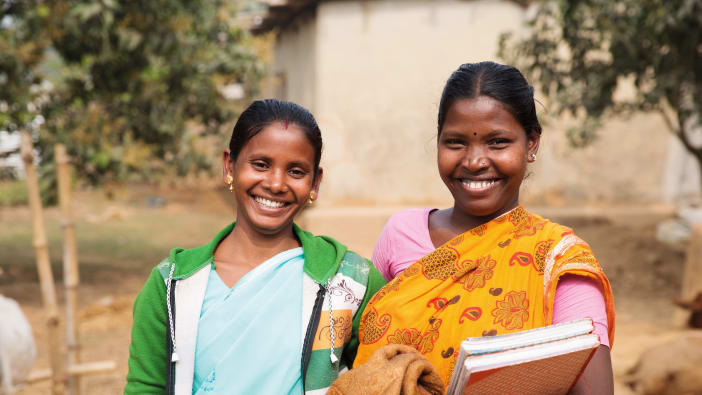In many countries, local governments have funds available for community projects and initiatives. However, communities are often unaware that this source of funding exists, or they have limited understanding of how to access it.
Here are some ideas to help you attract local government funding for your project.
- Local governments are unlikely to fund organisations they have never heard of. Consider inviting key people to special events to introduce them to your work.
- Use the official application form if one is provided. Make sure that all the questions are answered clearly and that any application deadlines are met in good time.
- Keep to the specified length: quality is more important than quantity. Officials might not have time to read through the whole application so include a summary.
- Emphasise why the project is important as well as explaining what you will be doing, where, when and with whom.
- If you are asking for only some of the funds for the project, explain where the rest will be coming from. If community members will be contributing money, time or skills, make this clear. This will give the donor confidence that the community is committed to the project.
- If you are awarded funding, provide well written updates and a final report. Include stories, photos and financial information.
- Invite officials to visit the community to see the impact of the project for themselves. If they are pleased with the work you have done, they are more likely to provide you with funds again in the future.
Case study: Working together for change
Dhaulabaseni, a remote village in Nepal, did not have a road. Steep and slippery paths meant it was difficult for people to reach the nearest hospital or take produce to market. The community felt isolated and cut off from the rest of the country.












